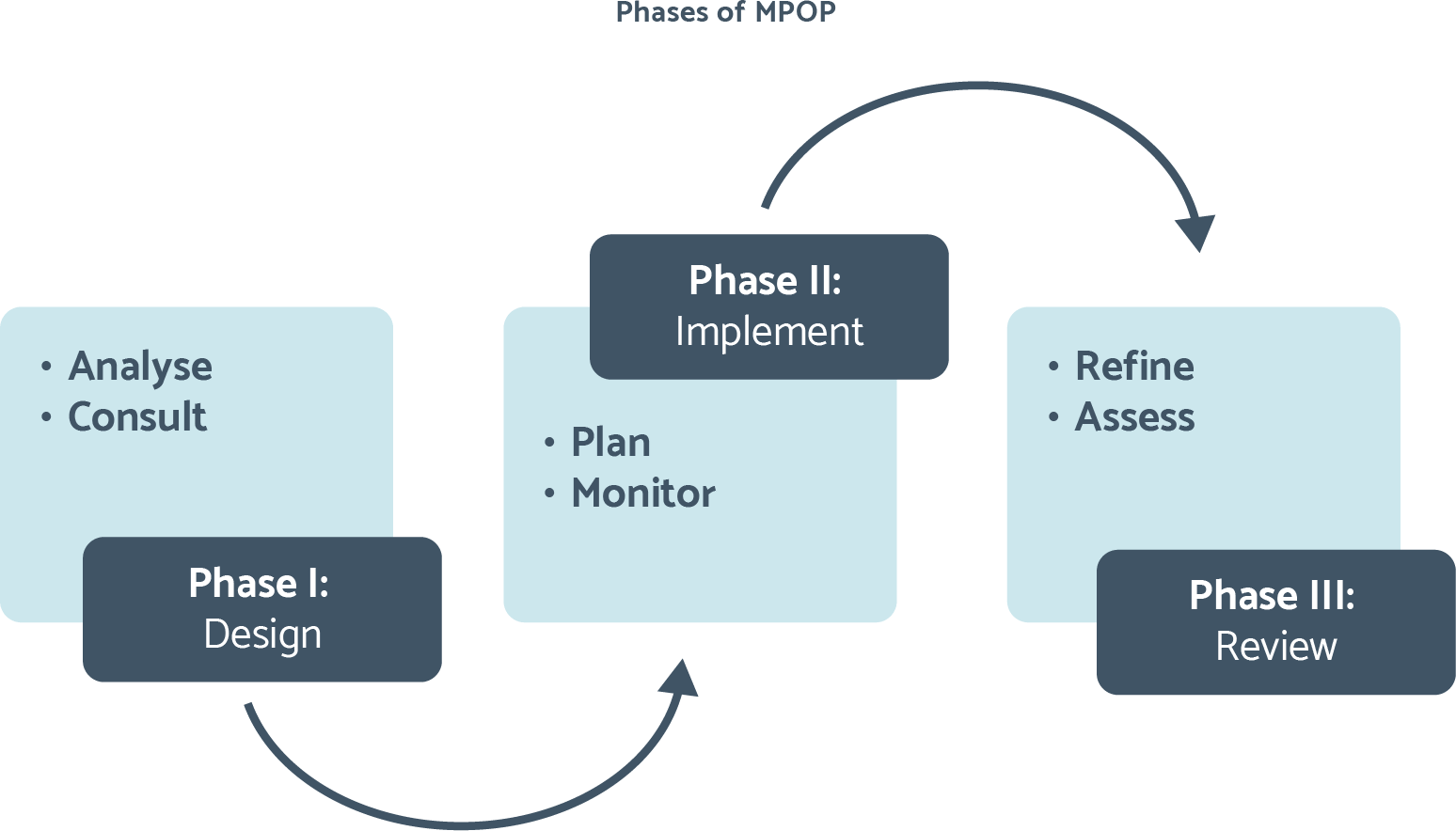2020/21 Market Performance Operating Plan Review
Introduction
In June 2020, we published our third Market Performance Operating Plan (MPOP) for 2020/21. The MPOP detailed how we would use the tools within the Market Performance Framework (MPF) to drive market performance improvement. It set out the areas of focus for addressing key issues impacting the delivery of:
- Improved customer outcomes
- Improved trading party performance and accountability.
The activities within the MPOP 2020/21 were prioritised based on the findings from several market sources, including the PwC Audit and feedback from the CEO Forum and Trading Party Survey. These sources identified the following areas as market priorities:
- Legacy data issues
- The maintenance and ownership of data
- The effectiveness of the MPF.
Two workstreams were developed to address these issues:
A. High quality customer, premises and asset data:
Addressed current and legacy issues with poor data quality, including the completeness and accuracy of market data. These were limiting the ability of wholesalers and retailers to provide an excellent customer experience and caused operational friction between trading parties
B. Timely and robust consumption data:
Addressed challenges with the maintenance and management of consumption data, which impacted customer billing, efficient switching and settlement accuracy. This also supported the delivery of insight for wider water efficiency and leakage initiatives.
The MPOP priorities also took account of COVID-19, incorporating a high-level market impact assessment. This led to the formation of a third workstream to manage and mitigate the risks to performance due to COVID-19:
C. COVID-19 remediation activity:
Monitored and mitigated COVID-19 impacts on market performance, particularly on meter reading and vacancy. Support, intervention and guidance provided to facilitate a timely and smooth transition out of COVID-19.
Delivery against objectives
There were three phases of delivery of MPOP 2020/21.

The 12-month MPOP cycle for 2020/21 was primarily focused on Phase I activity of understanding issues and developing solutions.
Key highlights from each of the workstreams include:
-
Workstream A:
Phase I delivery has incorporated the publication of a Core Market Data Improvement Plan, development of a code change for addressing long-term vacancy (CPW106: ‘Management of Long-Term Vacant Supply Points’), and a proposal for streamlining new connections. Consideration of the Vacancy Change Application (VCA) process highlighted the complexity of both the existing codified process and options for the way forward. Further consultation with trading parties is required to progress VCA process improvements in 2021/22.
-
Workstream B:
Commitments from this workstream were largely transferred to the Strategic Metering Review early in 2020/21 to address metering issues. This has led to work being progressed through engagement with the market at a strategic level. It has meant that the delivery of more tactical improvements to be delivered within MPOP 2020/21 was limited. A review of Yearly Volume Estimates (YVE) methodology was completed, along with detailed work to reduce the volume of rejected meter read submissions.
-
Workstream C:
We published a monitoring and intervention framework and guidance document and a temporary vacancy document. The majority of these activities have since been transitioned to business-as-usual. A review of Workstream C activity undertaken by MOSL and the Market Performance Committee confirmed that no additional activities were required to mitigate risks to performance arising from COVID-19.
A more detailed review of progress is shown below.
Market Performance Operating Plan (MPOP) 2020/21
Strategic Market Outcomes
Improved customer outcomes
Improved trading parties performance and accountability
MPOP Workstreams
COVID-19 impact assessment and consultation responses
A: High quality customer, premises and asset data
B: Timely and robust consumption data
C: COVID-19 remediation activity
MPOP Focus Areas



